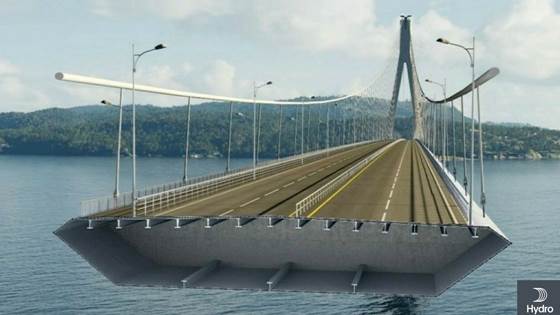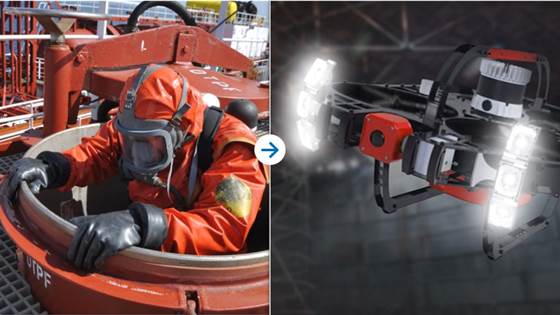
BioDry
Technology for efficient reduction of bacterial growth and biofilm formation on food industry machinery.

Technology for efficient reduction of bacterial growth and biofilm formation on food industry machinery.

The AluBridge project will map relevant design solutions for the use of aluminium in bridges. Different solutions will be tested in terms of feasibility, capacity, stability and cost-effectiveness.

ChemFlow aims to develop new models in the multiphase flow simulator LedaFlow for accurate prediction of the properties of fluids with complex chemistry. The results can enable tie-back solutions for profitable petroleum production, reduced CO...

General purpose reservoir simulators created for oil and gas can be used for simulating CO2 storage scenarios. However, this can be cumbersome and requires significant expertise to perform correctly. The project improves on this by developing fit-for...

Current barriers to mass implementation of hydrogen in transport arise from European Directive 2014/94/EU and International organisation of legal metrology (OIML) recommendations that must be met by all European hydrogen refuelling stations (HRS...

Next generation casting process for the ferroalloy industry

Insulated pipes are found in places where hot gas or liquid needs to be moved from one place to another.

ProMoTun aims to develop a data driven application for collecting and analysing productivity data from tunnel construction.

The main objective of the project is to improve the decision-making of authorities through increased knowledge about the mobility of e-commerce shipments.

BATMOBILE is a multi-scale modelling platform to support theory-based design of new batteries in both industry and research.

The vision for this project is to develop a fully digital process for inspection of indoor industrial assets based on an intelligent, tethered drone system that eliminates the need for human entry to confined and often dangerous spaces. The system...

BATTERY 2030+ is the large-scale and long-term European research initiative with the vision to invent the sustainable batteries of the future and enable Europe to reach the goals envisaged in the European Green Deal.

ENGAGE seeks to strengthen the cooperation between the population, emergency organizations and authorities to prevent, prepare for, respond to and recover from disasters.

Hydra will hybridize high-power and high-energy electrode materials to create sustainable Li-ion battery cells with excellent energy density.

OneImpact focuses on innovations in cumulative impact studies and applications to aid the conservation and sustainable management of reindeer in Scandinavia.

Quick Response 4.0 develops solutions based on state-of-the-art principles and methods within Quick Response Manufacturing, digitalization and circular economy.

The Zero-emission and standardized Coaster.

PCM-STORE gathers dairies, fish industries, food processing plants, supermarkets, technology suppliers and power grid operators to work towards a common goal: Solving energy storage challenges in support of a more energy-efficient industrial future.